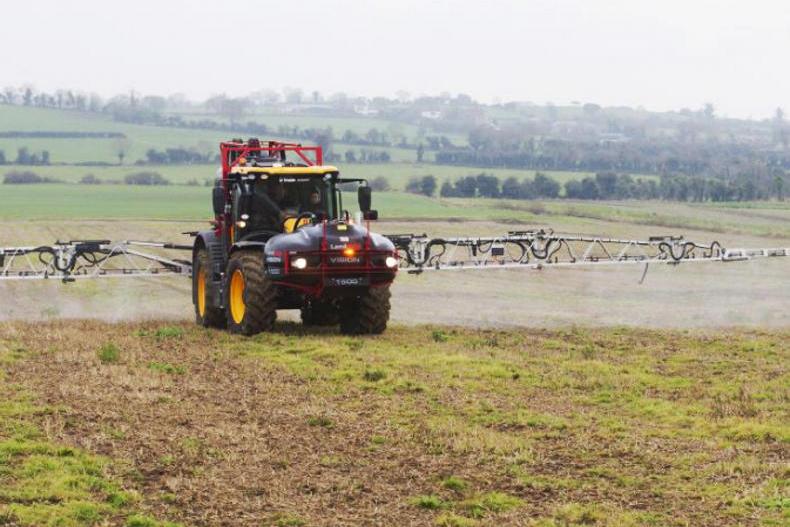The European Commission is planning to relaunch negotiations with member states about renewing the license for glyphosate in the EU for 10 years.
Reports of the Commission’s proposals for the relicencing of the herbicide ingredient emerged on Wednesday and were criticised by European farm lobby organisation Copa and Cogeca.
“Both EFSA (European Food Safety Authority) and ECHA (European Chemicals Agency) have published strong scientific evidence that supports the re-authorization of this widely-used active substance for 15 years since there are no safety concerns,” said Copa and Cogeca Secretary-General Pekka Pesonen.
The Commission decided on an interim 18-month authorisation last June after its experts and those mandated by member states failed to agree a common position amid conflicting scientific reports and campaigns on potential links between glyphosate and cancer.
However, a report by ECHA in March found that glyphosate did not cause cancer and the same conclusion came from an EFSA report in November 2015.
“Creating doubt about EU science-based decision-making processes will only have a negative impact on the credibility of the EU authorities and jeopardise our high safety standards,” said Pesonen.
Read more
Banning glyphosate would be ‘Armageddon’ for cereal production
Hogan hopes for 10-year glyphosate renewal
The European Commission is planning to relaunch negotiations with member states about renewing the license for glyphosate in the EU for 10 years.
Reports of the Commission’s proposals for the relicencing of the herbicide ingredient emerged on Wednesday and were criticised by European farm lobby organisation Copa and Cogeca.
“Both EFSA (European Food Safety Authority) and ECHA (European Chemicals Agency) have published strong scientific evidence that supports the re-authorization of this widely-used active substance for 15 years since there are no safety concerns,” said Copa and Cogeca Secretary-General Pekka Pesonen.
The Commission decided on an interim 18-month authorisation last June after its experts and those mandated by member states failed to agree a common position amid conflicting scientific reports and campaigns on potential links between glyphosate and cancer.
However, a report by ECHA in March found that glyphosate did not cause cancer and the same conclusion came from an EFSA report in November 2015.
“Creating doubt about EU science-based decision-making processes will only have a negative impact on the credibility of the EU authorities and jeopardise our high safety standards,” said Pesonen.
Read more
Banning glyphosate would be ‘Armageddon’ for cereal production
Hogan hopes for 10-year glyphosate renewal






 This is a subscriber-only article
This is a subscriber-only article










SHARING OPTIONS: